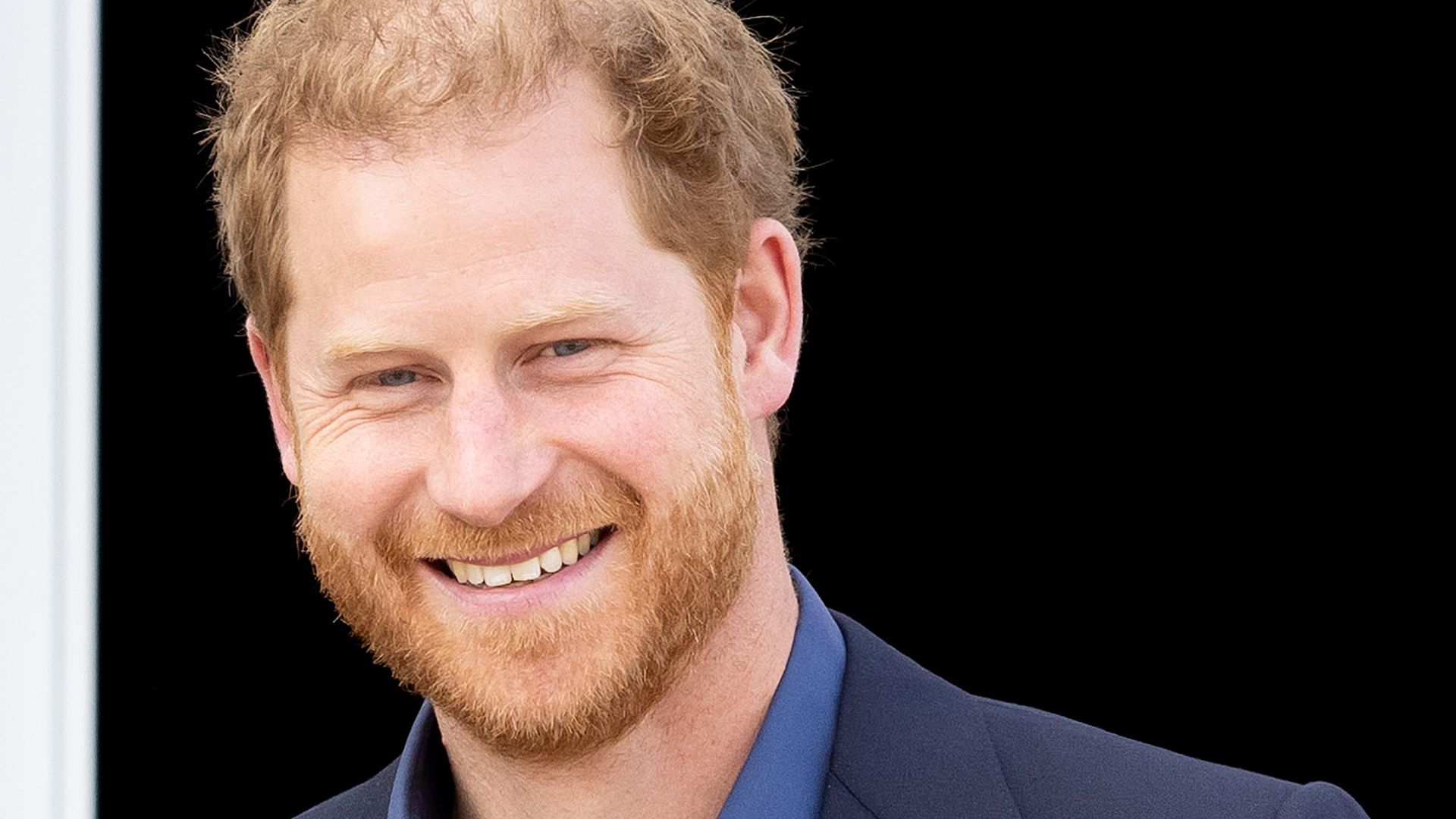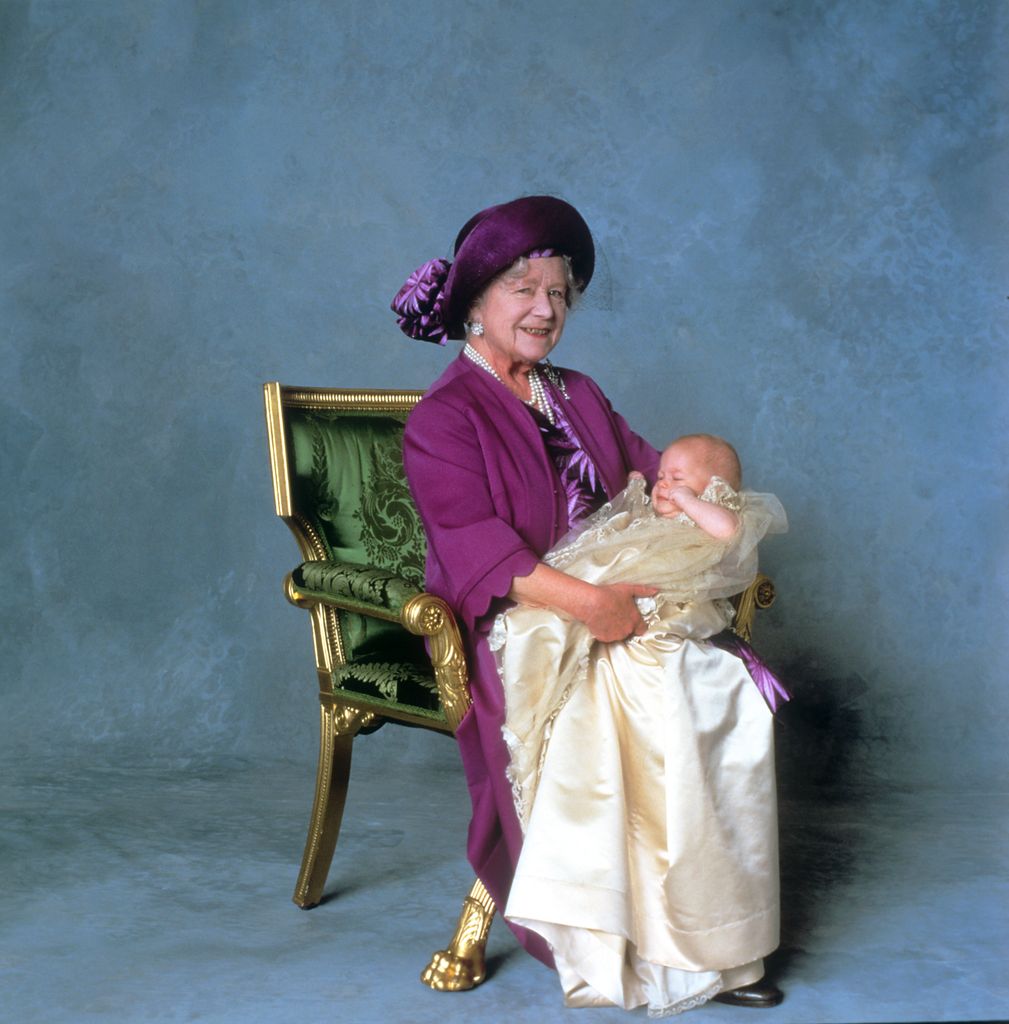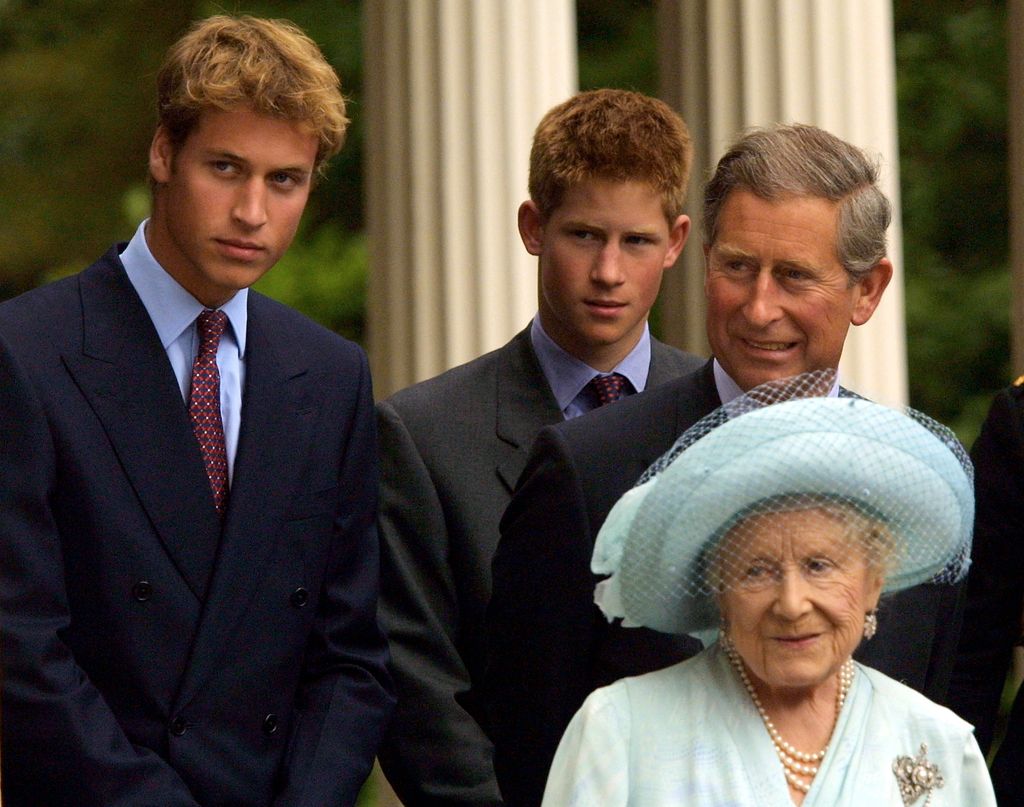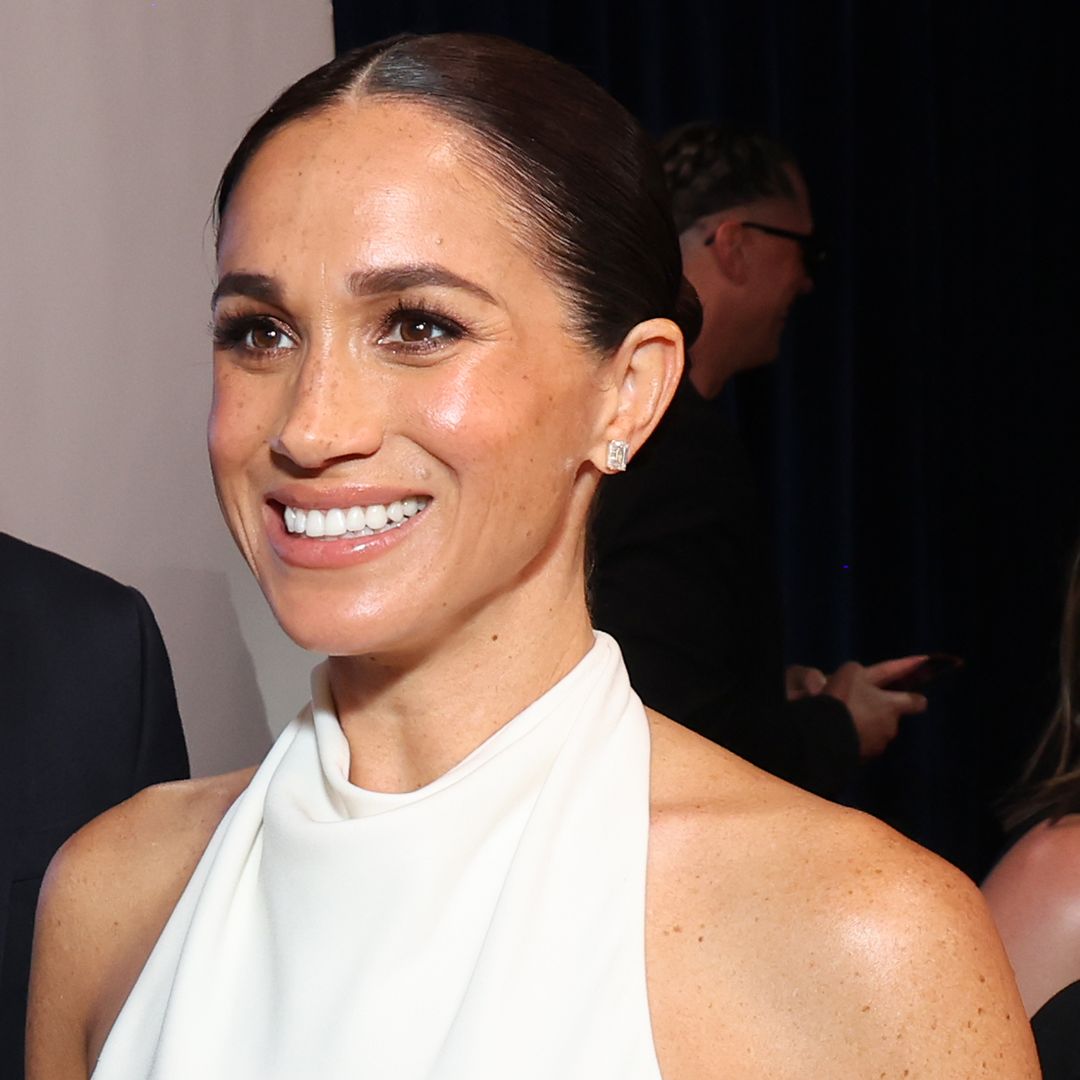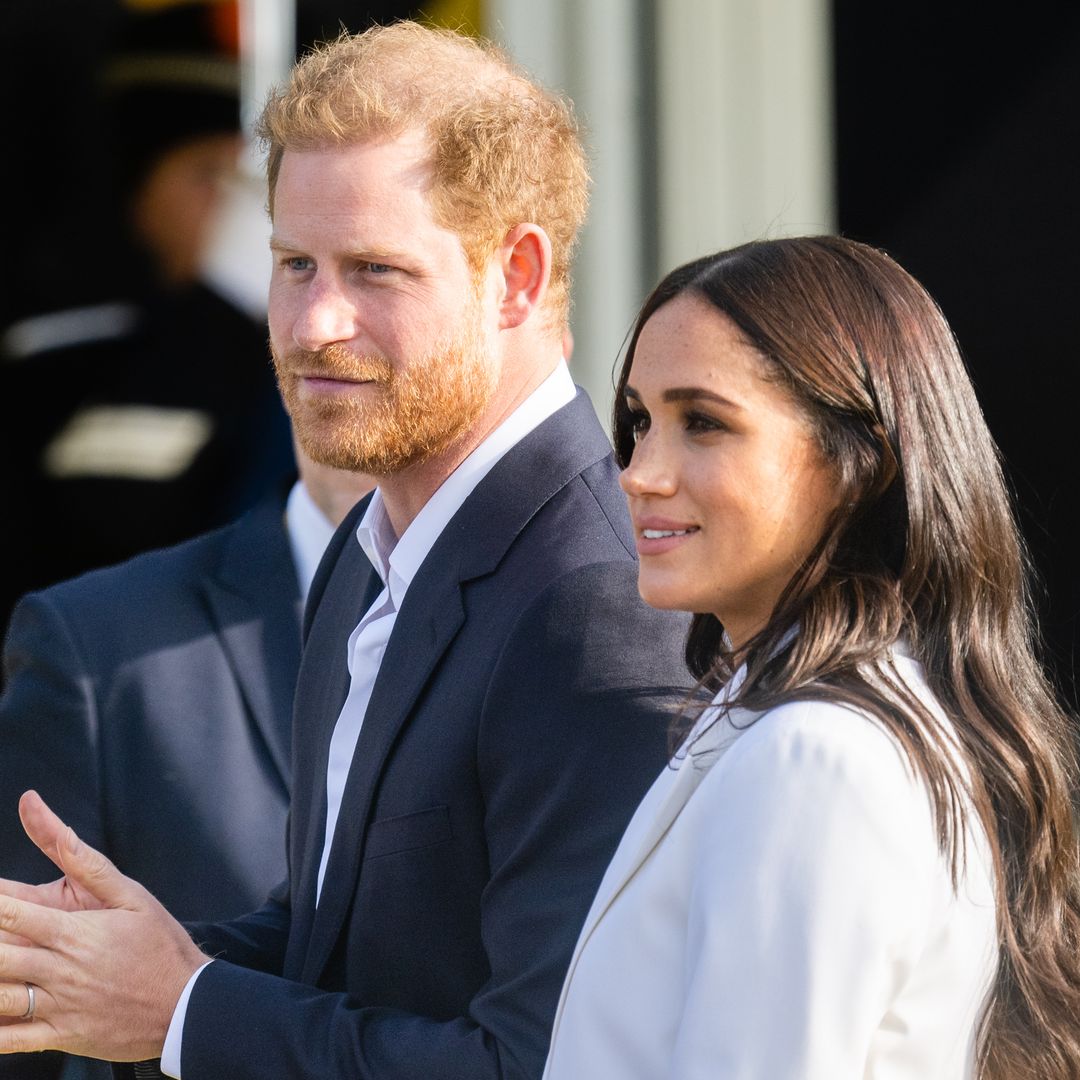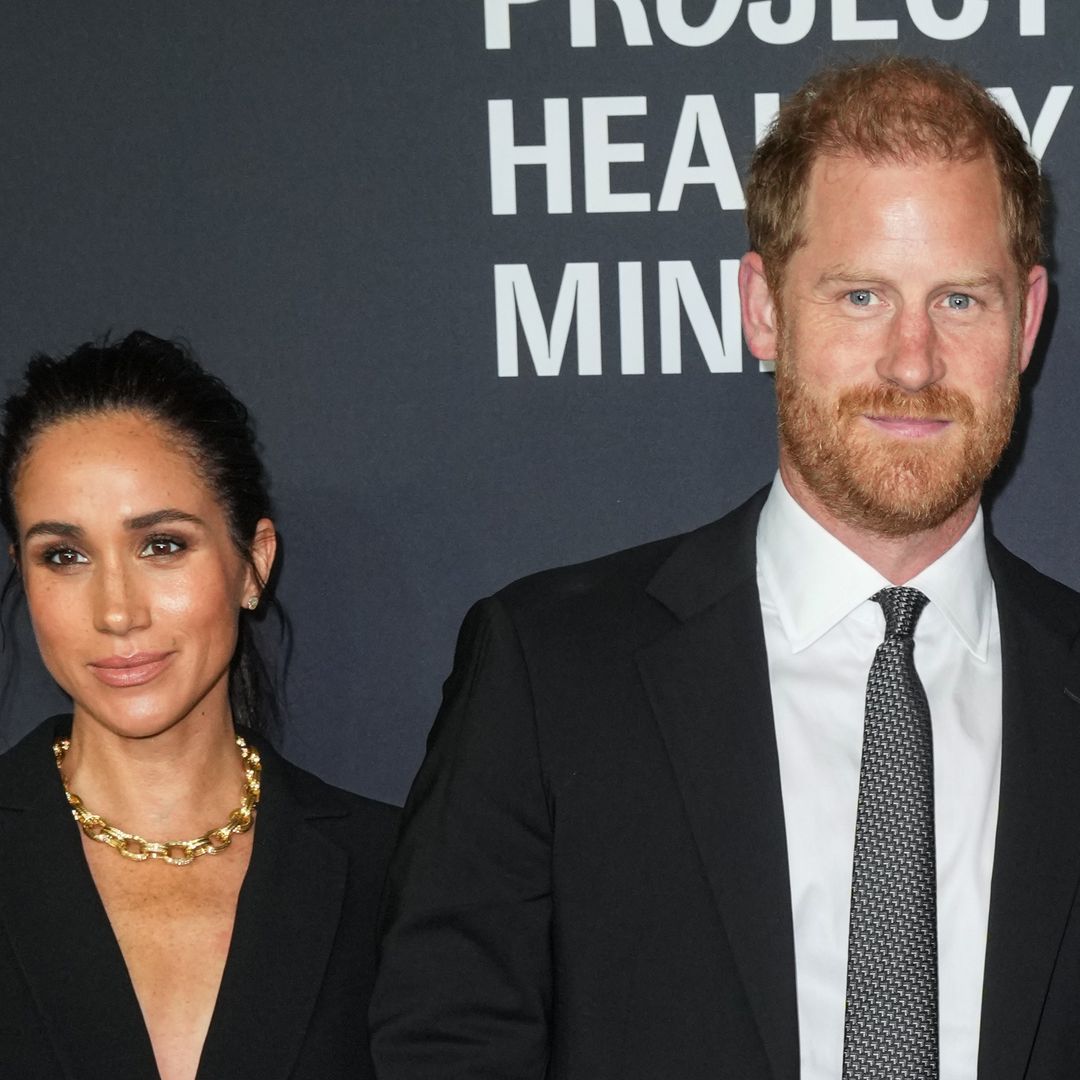Prince Harry is just days away from his milestone 40th birthday, but the big day is reported to see the Duke of Sussex inherit millions from his great-grandmother.
According to The Times, Queen Elizabeth, the Queen Mother, set up a special family trust fund for her great-grandchildren in 1994 when Harry was just 10 years old. Elizabeth is reported to have deposited £19 million into the fund, a share of which Harry is eligible to receive upon turning 40.
The Prince’s late great-grandmother is thought to have passed on the money this way to prevent Harry and her other great-grandchildren from having to pay inheritance tax.
Reports at the time stated that the money was to be distributed among her younger relatives in two payments: the first when they turned 21, and the second when they turned 40.
Whilst how much each grandchild was set to inherit was kept private, it was reported that Harry was due to inherit more than his brother William, owing to William’s inheritance of the Duchy of Cornwall upon becoming the Prince of Wales.
Reports from various UK outlets suggested that William and Harry were set to receive £6 million when they turned 21, with the bulk going to Harry. A further £8 million was said to have been set aside for the brothers when they reached 40.
Harry always had a close bond with his great-grandmother, and in an interview with Tom Bradby last year, following the release of his bombshell memoir Spare, he shared the sweet nickname he had for her.
Harry said: “I had a proper laugh with my Gan-Gan then. You know, she was so close to my father as well, and that relationship was something I recognised but never really thought about in detail at the time.
"But then two years of sitting there and writing this book, all these memories came flooding back.”
He also wrote about the great affection he had for her, particularly one evening where they bonded over a gin cocktail.
The Duke penned: “I’d never had a cocktail in front of my family, so this would be an event. A bit of rebellion. Empty rebellion, it turned out. No one cared. No one noticed. Except Gan-Gan. She perked up for a moment at the sight of me playing grown-up, gin and tonic in hand. I sat beside her. Our conversation started out as lively banter, then evolved, gradually settling into something deeper. A connection. Gan-Gan was really speaking to me that night, really listening. I couldn’t quite believe it. I wondered why. Was it the gin?
He added: “I wish I could recall specifically what we talked about. I wish I’d asked more questions and jotted down her answers. She’d been the War Queen. She’d lived at Buckingham Palace while Hitler’s bombs rained from the skies. (Nine direct hits on the Palace.) She’d dined with Churchill—wartime Churchill. She’d once possessed a Churchillian eloquence of her own. She was famous for saying that, no matter how bad things got, she’d never, ever leave England, and people loved her for it. I loved her for it."
